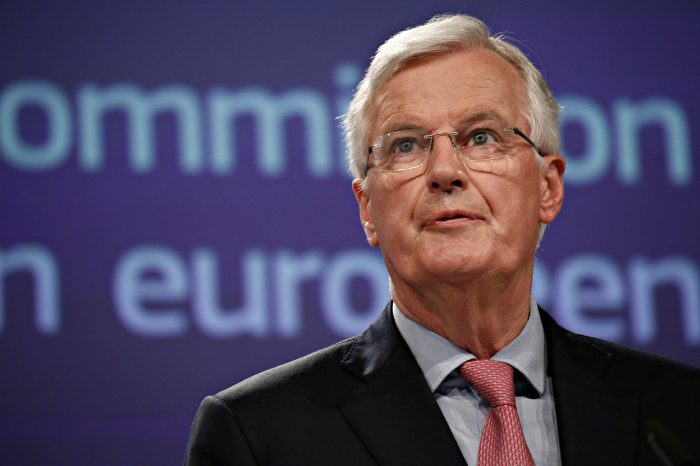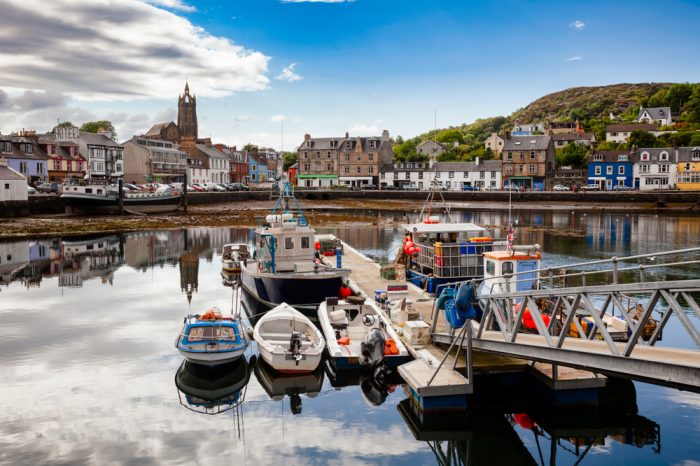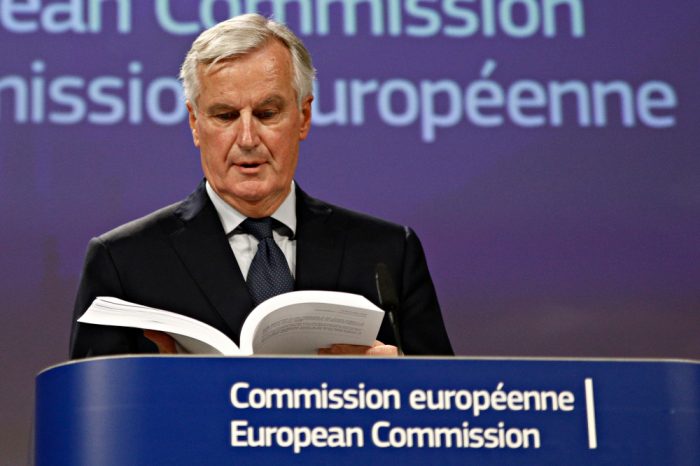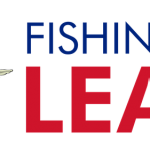A small step – the denunciation of the 1964 Fisheries Convention at last!
Within a week of taking up his new post as Secretary of State Environment, Food and Rural Affairs, Michael Gove, has finally denounced the London 1964 Fisheries Convention. This is a small and welcome step towards Brexit, but one which should have been done at the same time as Article 50, as both require two years’ notice of termination. It means that unless we get a time extension to the Article 50 process, there will be a 3-month overlap.
The 1964 Convention was an agreement between the UK and some other European countries about fishing rights in each other’s waters. It was disadvantageous to UK fishermen and very beneficial to the French, possibly as a sop to General de Gaulle, who was not at all keen to see us join the European Community, with which we were currently in negotiations with at the time.
There are some grounds for saying it may make little difference as the Convention is vessel-specific and very few, if any, boats mentioned in the 1964 agreement are likely to be commercially active.
Of course, our membership of the EU has superseded it. Michel Barnier tweeted yesterday:-
“UK denunciation of London Convention=no change: EU law/Common Fisheries Policy had superseded it. EU 27 interests=my priority for negs”
This is a very telling. In one sense, Barnier is correct, as the detail of the Convention was transferred into EU regulation. On Brexit day, however, the regulation ceases to apply, and we revert to previous domestic legislation which, if it had not been denounced today, would have continued the right of access to our 6 to 12 nautical mile limit.
Note again, “EU 27 interests=my priority for negs.” Given that France gained most from the 1964 Convention, in any negotiations for a post-Brexit fishing settlement, you can expect France to demand access rights to fish in UK waters.
So while today’s move has cleared the way for UK control of our waters up to 12 nautical miles from the coast, there is still the question of control of our seas between 12 and 200 nautical miles (or the median point where the sea is less than 400 nautical miles wide). The Great Repeal Bill will repeal the European Communities 1972 Act, but at the same time will repatriate EU law into UK law – in other words, EU legislation will still be on our statute books but will take its authority from Westminster and not Brussels. This means that while Article 50 would take us out of the Common Fisheries Policy, the Great Repeal Bill, unless it excludes fisheries, would more or less take us straight back in again.
The separate Fisheries Bill will counter that, as long as it takes effect at exactly the same time as, or before, the Great Repeal Bill. If there is any overlap, this will result in huge problems of continuity and legal challenges.
As the time ticks away towards 30th March 2019, ministers need to remember the Kent Kirk case. This Danish skipper deliberately fished in UK waters to test the situation when there were uncertainties following the termination of a fisheries agreement without anything being put in its place.
Once we reach the end of the Article 50 period in March 2019, all EU treaties and regulations will cease to apply to the UK, and we revert to our own UK legislation. It is vital to sort out a fisheries policy before then and the timetable is short. Under Article 50, unless there is unanimous agreement among the 27 members to extend the two year period, we have 21 months left to achieve a withdrawal agreement. When you consider all that needs to be done in such a short space of time, it raises the question as to whether this is possible.
The EU is in the driving seat when it comes to determining the terms of withdrawal. The UK can say yes or no and even then, the Council and the European Parliament have a vote. While the EU is obliged by treaty to conclude a deal, it could make life so difficult that the UK either has to submit or say no.
However, circumstances have dealt us a strong hand as far as fisheries is concerned. If there is no fisheries agreement, no EU vessel will be able to fish in our waters. Given the French fishing Industry needs access to UK waters to survive, it will be putting a lot of pressure on the EU’s negotiators to fight hard on its behalf. It is vital that our side does not give in. Gove has thrown down the gauntlet and even today’s action has ruffled a few feathers. He will need to steel himself for a far worse reaction if he is to see this through to the bitter end and reclaim full control out to the 200 nautical mile/median point limit.
(See also this press release from Fishing for Leave)







